Hair loss in eight year old children may be related to genetic factors, malnutrition, scalp infections, mental stress, endocrine disorders, and other reasons. Childhood hair loss usually manifests as sparse hair, localized alopecia areata, or fragile hair texture. It is recommended that parents seek medical attention promptly to identify specific causes.
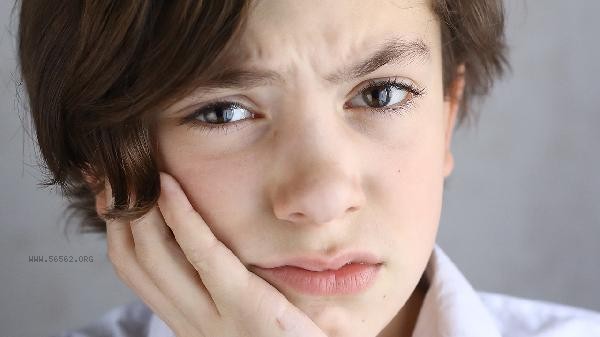
1. Genetic factors
Familial hair loss may affect hair follicle health through genetic inheritance, and some children may exhibit hair loss patterns similar to those of their parents. This type of situation usually does not require special treatment, but attention should be paid to avoiding excessive pulling of hair, choosing gentle shampoo products, and regularly observing whether there is new hair in the hair loss area.
2. Malnutrition
Lack of key nutrients such as iron, zinc, and vitamin D can lead to disrupted hair follicle growth cycle. Children who are picky eaters or have a single dietary structure may cause such problems. It is recommended to increase the intake of protein and mineral rich foods such as eggs, lean meat, and dark vegetables. If necessary, nutritional supplements should be provided under the guidance of a doctor.
3. Scalp infection
Fungal infections such as tinea capitis are common pathological factors in children's hair loss, often accompanied by scalp erythema, scales, or itching. After diagnosis, antifungal drugs should be used for treatment, and personal items such as combs and hats should be disinfected to avoid cross infection. Bacterial folliculitis may also lead to local hair loss.

4. Mental stress
psychological factors such as academic pressure and family changes may cause hair loss during the resting period, manifested as overall sparse hair but no patchy shedding. Parents should help their children establish a regular schedule and relieve anxiety through exercise, parent-child interaction, and other methods. In most cases, hair loss will gradually recover after the stress is reduced.
5. Endocrine disorders
Thyroid dysfunction or insufficient pituitary hormone secretion may interfere with hair growth, which is often accompanied by symptoms such as delayed growth and development, and abnormal weight. Diagnosis should be confirmed through blood tests, and hormone replacement or other targeted treatments should be performed under the guidance of a pediatric endocrinologist. In daily care, parents should use children's specific shampoo to gently clean the scalp, avoiding tight braids or frequent use of electric styling tools. 2-3 scalp massages can be performed per week to promote blood circulation and ensure a daily sleep time of no less than 9 hours. If hair loss persists for more than 2 months or is accompanied by abnormal scalp swelling, exudation, etc., it is necessary to immediately seek professional evaluation from a dermatologist. A balanced diet should include sufficient amounts of high-quality protein, B vitamins, and Omega-3 fatty acids. Moderate consumption of nuts, salmon, and other foods can help promote hair follicle health.
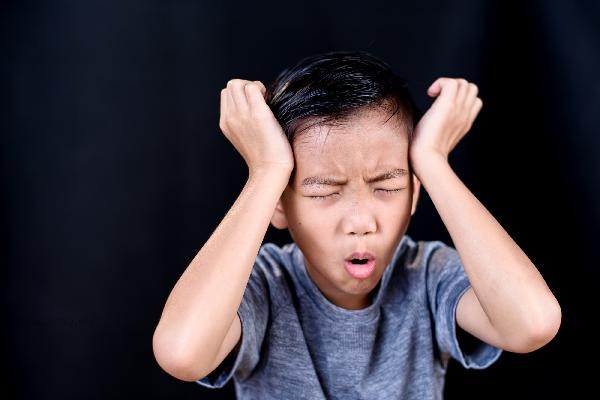

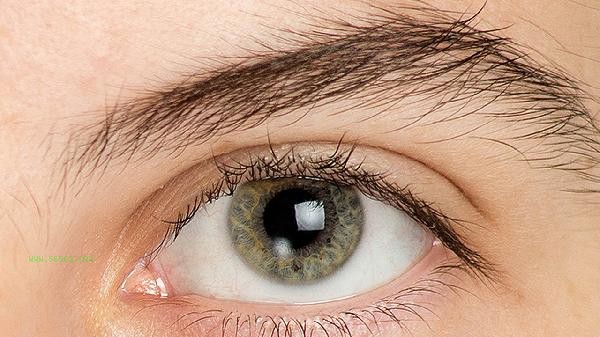
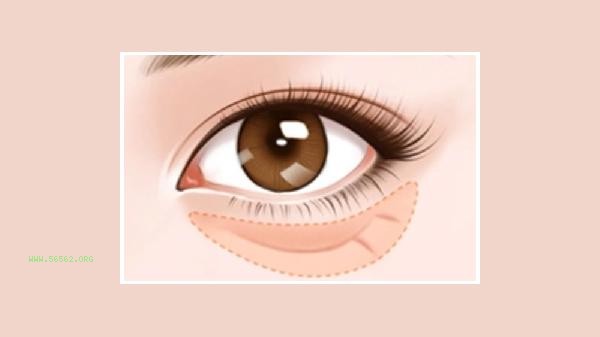
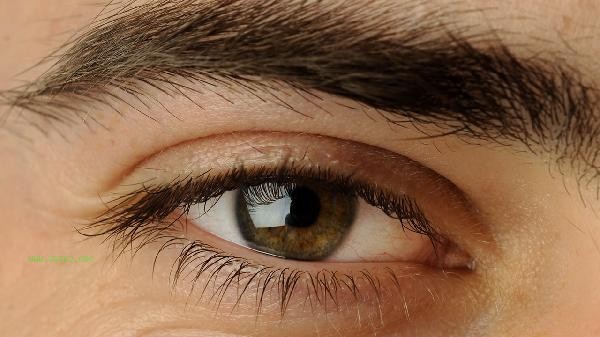
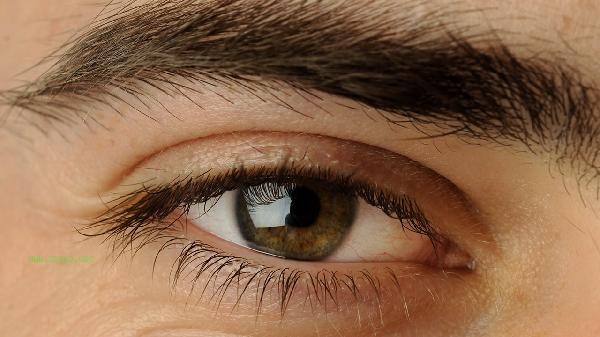
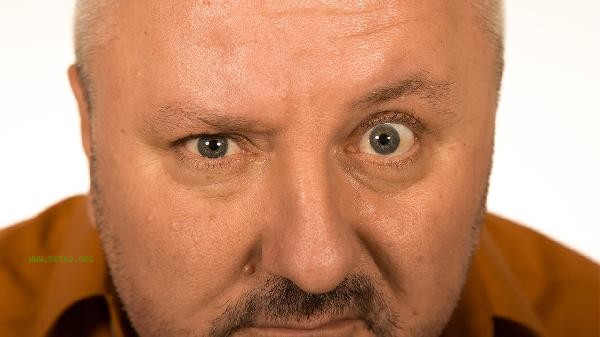


Comments (0)
Leave a Comment
No comments yet
Be the first to share your thoughts!